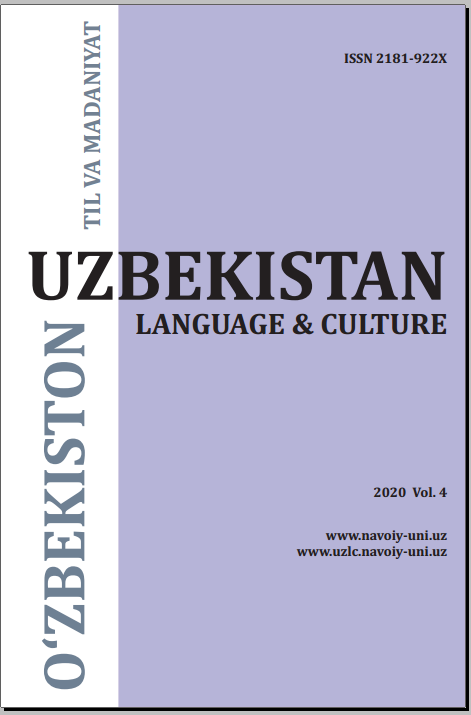Gift in the Ritual Practice of the Uzbeks
Keywords:
gift, model, rite, tradition, mutual assistanceAbstract
with meals are considered. Attention is paid to the mechanism, forms and
motives of the exchange of baked and meat dishes (togora) during the
ceremonies. There are two directions of donation - horizontal, which is
characterized by family and kinship ties, and vertical, which is a status and
characterizes the territorial relationship of the family with society. Based
on field materials, the author notes that both of these models are based on
traditions, customs, rituals, and also have a social character, covering interrelated, inter-neighborly and inter-territorial communication networks
that exist in the Uzbek mahalla. The author, referring to the collected
field material, refutes the thesis that family and neighborhood ties under
the influence of urbanization, globalization and other modern processes
are corroding. On the contrary, they are strengthened precisely in the
networks of gift-giving, for helping the weak is considered a tradition of
Uzbeks. It is noted that reliance on family and family ties is one of the main
elements of the Uzbek way of life. Analyzing the motives of the donation of
Uzbeks, the author notes that they rely on the concept of mutual altruism
of R. Trivers and, first of all, highlight such traditional values of Uzbeks as
mutual assistance and compassion.


